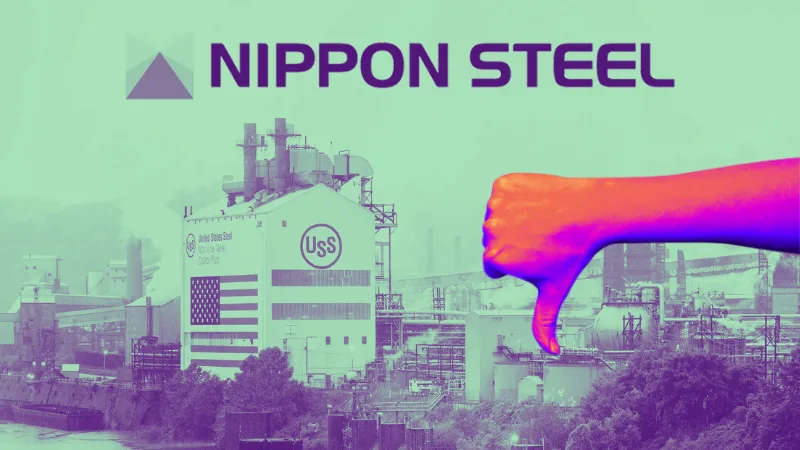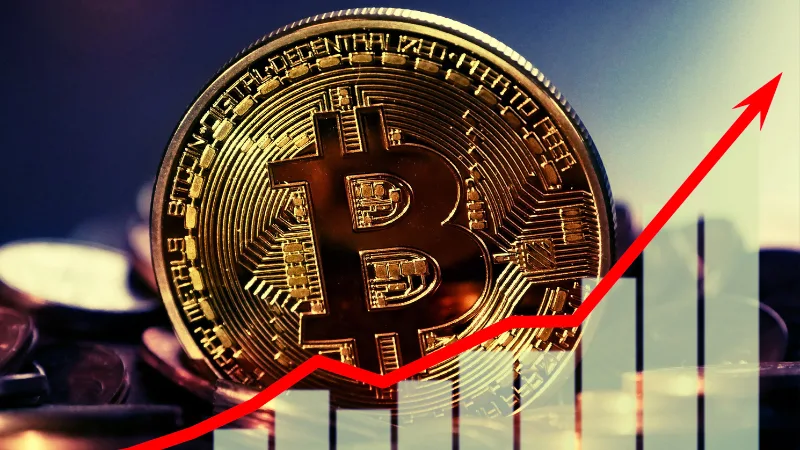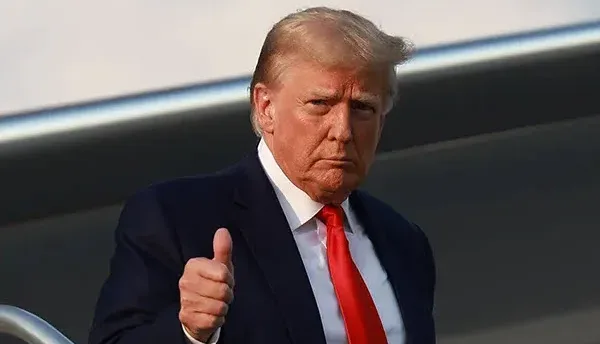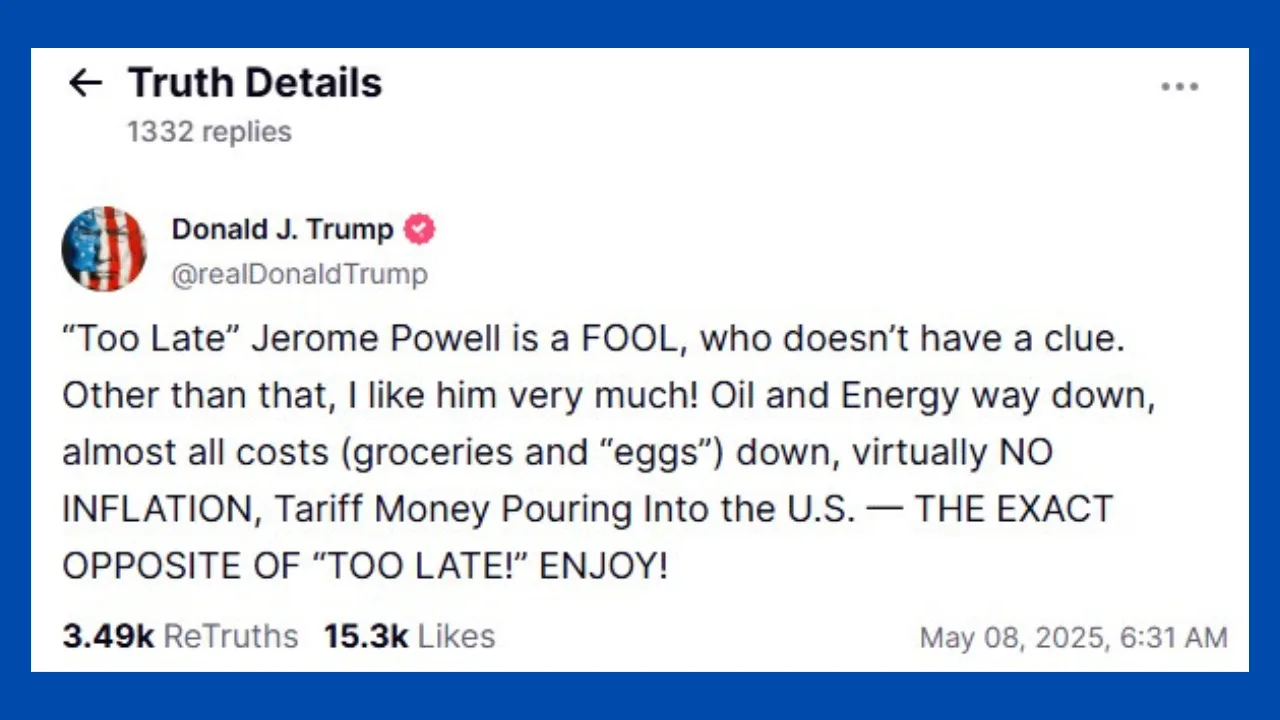In a landmark decision, President Joe Biden recently blocked Nippon Steel’s proposed $14.1 billion acquisition of U.S. Steel, citing national security concerns. While the move has dominated headlines, the underlying question remains: why should the average American care about this decision?
The answer lies in the critical role U.S. Steel plays in the nation’s economy, infrastructure, and defense.
National Security Comes First
At its core, the Biden administration’s decision underscores the importance of safeguarding America’s industrial base. U.S. Steel is not just another company; it is a cornerstone of industries that build the nation’s critical infrastructure, from highways and bridges to defense systems. Allowing foreign ownership of such a vital asset could have far-reaching implications for the country’s ability to protect itself in times of crisis.
According to the Committee on Foreign Investment in the United States (CFIUS), foreign control of U.S. Steel could potentially expose sensitive technologies or leave the country vulnerable to supply chain disruptions. The administration’s move is a clear signal that economic partnerships will not come at the expense of national security.
Protecting American Jobs
Another key reason Americans should care about this decision is its impact on domestic jobs. U.S. Steel employs thousands of workers across the country, particularly in regions like Pennsylvania, where steel production has been a way of life for generations.
Labor unions, including the influential United Steelworkers (USW), strongly opposed the deal, arguing that foreign ownership could lead to layoffs, plant closures, and outsourcing of production. In an era when the U.S. manufacturing sector is already under strain, protecting these jobs is crucial for maintaining economic stability in industrial communities.
Economic Sovereignty
Beyond security and jobs, the decision reflects a broader trend toward protecting America’s economic sovereignty. Recent years have shown the dangers of over-reliance on foreign entities for critical goods. The COVID-19 pandemic exposed vulnerabilities in global supply chains, while geopolitical tensions have demonstrated the risks of foreign control over vital industries.
Blocking the acquisition of U.S. Steel sends a message: America is prioritizing long-term economic independence over short-term financial gains. For citizens, this means a more resilient economy, less vulnerable to external shocks.
A Broader Implication for U.S.-Japan Relations
While the decision has been framed as a domestic matter, its ripple effects will undoubtedly reach international shores. Japan, a key ally of the U.S., may interpret the move as a strain on the two nations’ economic partnership. Nippon Steel has already indicated plans to challenge the decision in court, though overturning a presidential block remains an uphill battle.
The Impact on Everyday Americans
For most Americans, the impact of this decision may not be immediately obvious. However, the steel industry touches nearly every aspect of modern life. Steel is critical for construction, automotive manufacturing, renewable energy projects, and even national defense. By keeping U.S. Steel under American control, the administration aims to ensure that these industries remain robust and well-supported domestically.
Additionally, the decision could set a precedent for future foreign investments in key U.S. industries. It signals a shift toward prioritizing strategic value over economic globalization—a move that could influence how other industries, from semiconductors to pharmaceuticals, approach foreign partnerships.
A Decision Worth Paying Attention To
While the blocking of Nippon Steel’s acquisition of U.S. Steel might seem like a niche economic decision, it carries broader implications for national security, economic stability, and job protection. In an increasingly interconnected world, preserving control over critical industries is more than just a political statement—it’s a safeguard for the nation’s future.
Americans should care about this decision because it represents a turning point in how the country balances economic growth with long-term national interests. The steel that holds up America’s bridges and builds its tanks is more than just metal; it’s a symbol of resilience, strength, and independence.
Global Market News started reporting on this story almost a year ago and this saga is far from over. You can see the original reporting here. U.S. Steel is Turning Japanese and Donald Trump’s Fight Against Nippon Steel’s U.S. Steel Takeover: How it Impacts You





